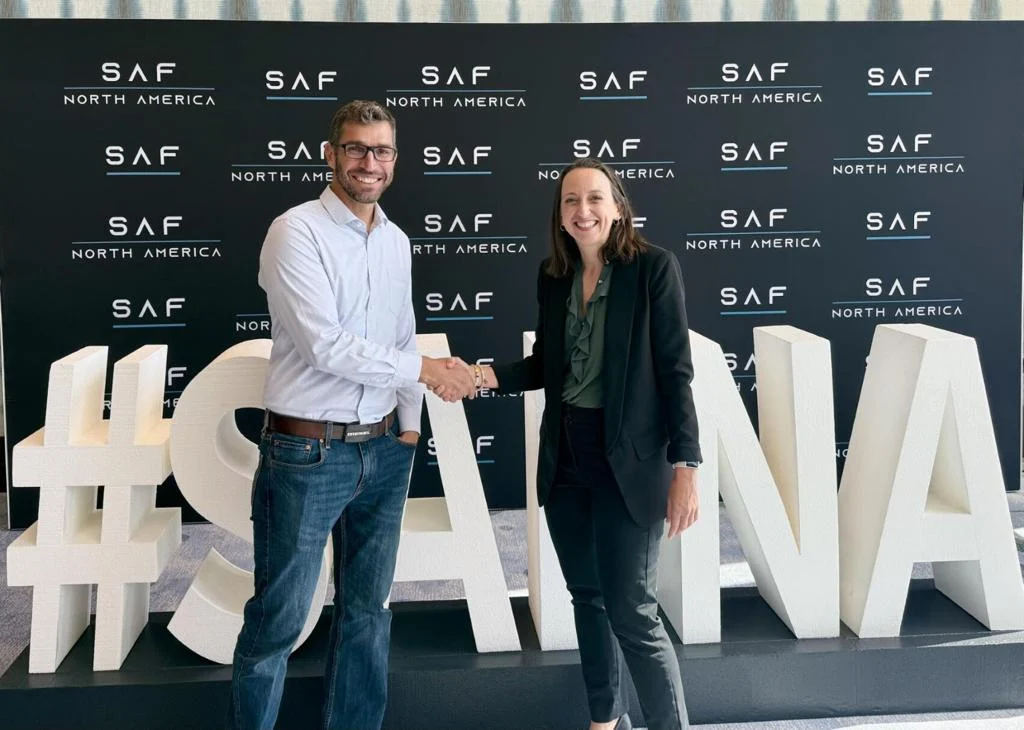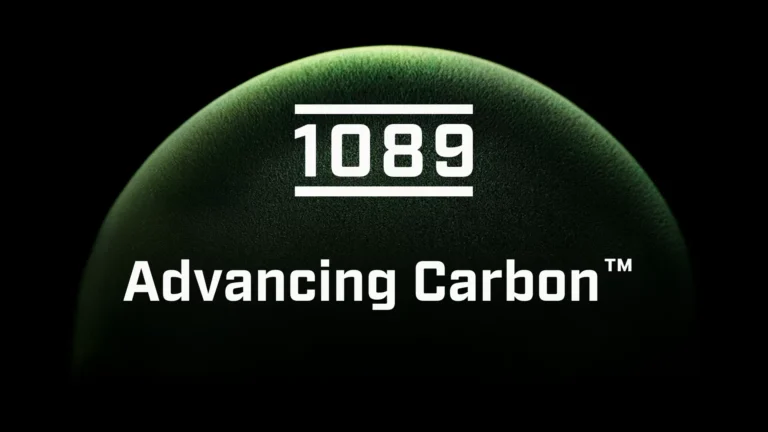
Arcadia eFuels and ATOBA Energy Join Forces to Scale Global Sustainable Aviation Fuel Supply
Arcadia eFuels has announced a significant strategic partnership with ATOBA Energy through the signing of a Memorandum of Understanding (MoU) that aims to advance the supply of neat synthetic sustainable aviation fuel, commonly known as eSAF. This agreement outlines that ATOBA Energy will procure up to 150,000 tonnes of eSAF from each Arcadia eFuels project over the next ten years, establishing a long-term supply framework that could significantly contribute to decarbonizing the aviation sector.
Sustainable aviation fuels (SAFs) have become an essential component in the global push toward reducing carbon emissions from one of the hardest-to-abate sectors: commercial aviation. Unlike traditional fossil jet fuels, eSAF is a synthetic aviation fuel produced using renewable electricity, water, and captured carbon dioxide (CO₂). This process results in a fuel that can reduce lifecycle greenhouse gas emissions by over 90% compared to conventional jet fuel. The volumes of eSAF anticipated under this agreement are projected to eliminate at least 400,000 tonnes of CO₂ per project site, marking a tangible step toward cleaner skies and climate-friendly air travel.
Amy Hebert, CEO of Arcadia eFuels, emphasized the importance of practical, scalable solutions in the effort to decarbonize aviation. “At Arcadia eFuels, we are committed to delivering practical, scalable solutions that help decarbonize aviation. ATOBA Energy plays a pivotal role as an aggregator and market enabler to bring scale to the eSAF industry, connecting us with airlines seeking reliable volumes of sustainable fuel at long-term competitive pricing,” Hebert said. She further noted that working together with ATOBA across multiple projects as a step toward firm offtake is a crucial step in making low-carbon air travel a reality while supporting the aviation industry’s long-term climate goals.
The partnership addresses one of the main challenges facing the sustainable aviation fuel industry: scaling production to meet the growing demand from airlines while maintaining cost competitiveness. ATOBA Energy functions as an aggregator, connecting multiple eSAF producers with airline customers, ensuring that supply volumes are reliable and contracts are commercially viable. By offering a platform that links supply with demand, ATOBA is helping to de-risk investments in synthetic fuel production and accelerate the transition to net-zero aviation.
Arnaud Namer, CEO of ATOBA Energy, highlighted the strategic importance of the collaboration. “Arcadia eFuels is bringing one of the most advanced eFuel projects in Europe to market. By adding Arcadia to our aggregation platform, we can offer airlines access to credible, scalable volumes of eSAF with price competitiveness, while providing Arcadia the long-term commitments they need to move forward to final investment decision,” Namer said. He continued, “This partnership underlines ATOBA’s strategy of securing reliable supply sources that accelerate the transition to net-zero aviation.”
The agreement demonstrates how long-term commitments from buyers are a critical piece in scaling up eSAF production. For producers like Arcadia eFuels, securing offtake agreements with aggregators and airlines reduces investment risks and provides the financial certainty needed to move projects from development into commercial production. For buyers such as ATOBA Energy and its airline customers, these agreements ensure access to stable, sustainable fuel supplies that meet sustainability targets and regulatory requirements.
eSAF production involves a complex process where renewable electricity is used to split water into hydrogen and oxygen through electrolysis. The hydrogen is then combined with captured CO₂ to synthesize hydrocarbon fuels compatible with existing jet engines and fueling infrastructure. This technology, sometimes referred to as “Power-to-Liquid” or synthetic fuel production, is gaining momentum as a pathway to decarbonize sectors that are difficult to electrify directly, such as long-haul aviation.
The demand for sustainable aviation fuels is growing rapidly. International aviation accounts for approximately 2-3% of global CO₂ emissions, and with projected growth in passenger traffic, emissions could increase if mitigation measures are not adopted. Governments and regulatory bodies worldwide are increasingly supporting SAF adoption through incentives, mandates, and carbon pricing mechanisms. Strategic partnerships like the one between Arcadia eFuels and ATOBA Energy play a pivotal role in translating these regulatory frameworks into operational-scale solutions.
By securing a decade-long supply commitment for up to 150,000 tonnes per project, this MoU enables Arcadia eFuels to advance multiple projects simultaneously, ensuring consistent production and delivery of eSAF to participating airlines. This not only benefits the environment but also enhances the commercial viability of synthetic fuel projects, which often face significant upfront capital requirements and technological challenges.
Moreover, the partnership aligns with broader industry initiatives aiming to achieve net-zero aviation by 2050. Airlines are under pressure to reduce emissions, meet corporate sustainability commitments, and respond to consumer demand for greener travel options. eSAF presents a pathway to meet these objectives without requiring extensive modifications to aircraft or airport infrastructure, as it can be blended with conventional jet fuel or used neat in advanced engines.
In addition to environmental benefits, the partnership offers economic advantages. By creating predictable demand for synthetic fuels, the collaboration helps stimulate investment in renewable energy, CO₂ capture technologies, and fuel synthesis plants. This could generate jobs, promote technological innovation, and strengthen the supply chain for clean energy solutions in Europe and globally.
Hebert added, “The collaboration with ATOBA Energy not only accelerates the production of eSAF but also demonstrates that sustainable fuels are not a distant aspiration—they are a viable, scalable solution today. By ensuring reliable supply and commercial viability, we are enabling airlines to make measurable progress toward their sustainability goals.”
In conclusion, the MoU between Arcadia eFuels and ATOBA Energy represents a significant milestone for the sustainable aviation fuel industry. By establishing long-term offtake agreements and leveraging ATOBA’s aggregation platform, both companies are creating the conditions necessary to scale eSAF production, reduce aviation emissions, and support the transition to a net-zero future for air travel. As governments, airlines, and energy companies intensify their climate efforts, such strategic partnerships will be critical in transforming ambitious sustainability targets into tangible environmental outcomes.
This collaboration not only marks a forward step for the aviation sector but also signals the growing maturity of the synthetic fuel market, highlighting that clean, low-carbon aviation is achievable with the right combination of technology, investment, and strategic partnerships.







